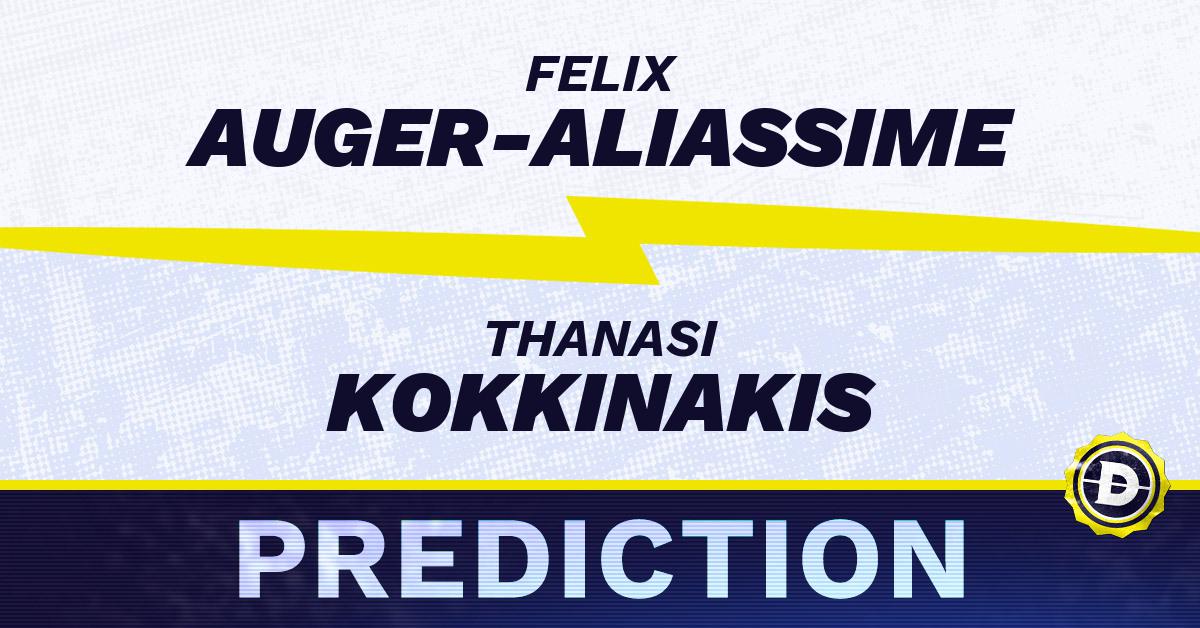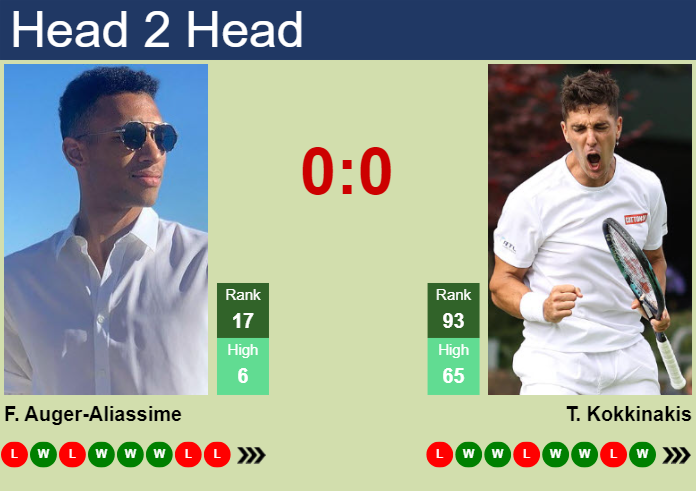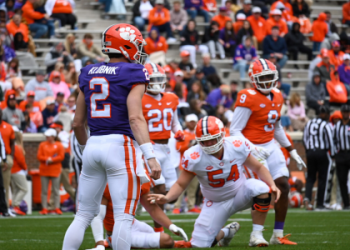Okay, so I’ve been diving deep into tennis stats lately, trying to get better at predicting match outcomes. Today, I focused on Felix Auger Aliassime vs. Thanasi Kokkinakis. Here’s how my little experiment went down.

Getting Started: Gathering the Data
First things first, I needed data. Lots of it. I scoured the internet for everything I could find on these two players. I looked at their recent match histories, head-to-head records (if any), win/loss percentages on different surfaces… you name it, I tried to grab it.
It was a bit of a mess, honestly. Some sites had great info on one player but barely anything on the other. I spent a good chunk of time just copying and pasting stats into a spreadsheet, trying to organize everything in a way that made sense.
Analyzing the Numbers
Once I had all the data in one place, I started crunching the numbers. I compared their service game strengths, return game stats, and how they perform under pressure. I was looking for any patterns or advantages that might give one player an edge.
- Felix Auger Aliassime: I noticed he’s been pretty strong on his serve lately, with a high percentage of first serves in. That’s usually a good sign.
- Thanasi Kokkinakis: He seemed a bit more inconsistent. Some matches he looked great, others… not so much. This made it tougher to predict.
Making My Prediction (and Doubting Myself!)
Based on everything I saw, it felt like Felix had a slight advantage. His consistency on serve was a big factor for me. So, I reluctantly made my prediction: Felix to win.
But honestly? I wasn’t super confident. Tennis is so unpredictable! One bad day, a few unlucky points, and the whole thing can flip. I kept second-guessing myself, wondering if I had missed some crucial detail. It is a fifty-fifty guess.

The Waiting Game
Now, all I can do is wait for the match and see if my prediction holds up. It’s always a bit nerve-wracking, putting your analysis out there. I made notes of the key things I want to watch for during the match, to see if my initial assessment was accurate.
This whole process is a learning experience, I hope I am right, I think it’s a fun way to learn more about the sport. Win or lose, I’ll be back to analyze what happened and refine my methods for next time.





